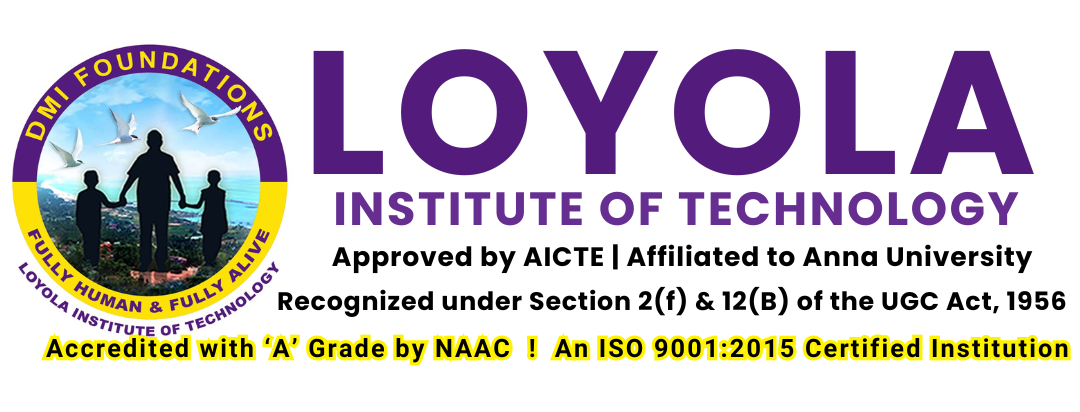B.E - Computer Science and Engineering (Cyber Security)
Vision
Achieving unparalleled excellence and pioneering leadership within the realms of cybersecurity across international borders and hence to proficiently addressing societal demands and requirements.
Mission
We, at the department of Computer Science and Engineering (Cyber Security), will
- Partner with visionaries to deliver practical, industry-standard cybersecurity solutions tailored to meet business imperatives.
- Equip professionals in academia and industry with the expertise to tackle real-world cybersecurity challenges head-on.
- Cultivate student proficiency in designing and executing diverse cybersecurity projects through distinguished, top-tier education initiatives.
Faculties
Program Educational Objectives (PEOs)
Graduates of Computer Science and Engineering (Cyber Security) Program will
- PEO I: Students will acquire the knowledge, skills and the attitude necessary for the analysis of Cybersecurity.
- PEO 2: Students will apply the cutting-edge latest technology within a professional, legal and ethical framework and will operate effectively in a multidisciplinary stream.
- PEO 3: Students will practice continued, self-learning to keep their knowledge and skills up to date and to remain abreast of the latest developments in cybersecurity.
Program Specific Outcomes (PSOs)
- PSO 1: Ability to understand, analyse and develop computer programs in the areas related to networking, cryptography, web development and database management by adhering software development life cycle.
- PSO 2: Graduate students will be able to develop data, resource, and asset protection strategies for organizations, processes, peoples, and individuals through Cybersecurity-centric skills.
Program Outcomes (POs)
- PO1: Engineering Knowledge: Apply knowledge of mathematics, science, engineering fundamentals and an engineering specialization to the solution of complex engineering problems.
- PO2: Problem Analysis: Identify, formulate, research literature and analyze complex engineering problems reaching substantiated conclusions using first principles of mathematics, natural sciences and engineering sciences.
- PO3: Design/ Development of Solutions: Design solutions for complex engineering problems and design system components or processes that meet specified needs with appropriate consideration for public health and safety, cultural, societal and environmental considerations.
- PO4: Conduct investigations of complex problems using research-based knowledge and research methods including design of experiments, analysis and interpretation of data and synthesis of information to provide valid conclusions.
- PO5: Modern Tool Usage: Create, select and apply appropriate techniques, resources and modern engineering and IT tools including prediction and modeling to complex engineering activities with an understanding of the limitations.
- PO6: The Engineer and Society: Apply reasoning informed by contextual knowledge to assess societal, health, safety, legal and cultural issues and the consequent responsibilities relevant to professional engineering practice.
- PO7: Environment and Sustainability: Understand the impact of professional engineering solutions in societal and environmental contexts and demonstrate knowledge of and need for sustainable development.
- PO8: Ethics: Apply ethical principles and commit to professional ethics and responsibilities and norms of engineering practice.
- PO9: Individual and Team Work: Function effectively as an individual, and as a member or leader in diverse teams and in multi-disciplinary settings.
- PO10: Communication: Communicate effectively on complex engineering activities with the engineering community and with society at large, such as being able to comprehend and write effective reports and design documentation, make effective presentations and give and receive clear instructions.
- PO11: Project Management and Finance: Demonstrate knowledge and understanding of engineering and management principles and apply these to one‟s own work, as a member and leader in a team, to manage projects and in multidisciplinary environments.
- PO12: Life-long Learning: Recognize the need for and have the preparation and ability to Engage in independent and life- long learning in the broadest context of technological Change.
Course Outcomes (COs)
- Regulation 2021 – Click Here to View
Syllabus
- Regulation 2021 – Click Here to View
Study Materials
- Click Here to Download


